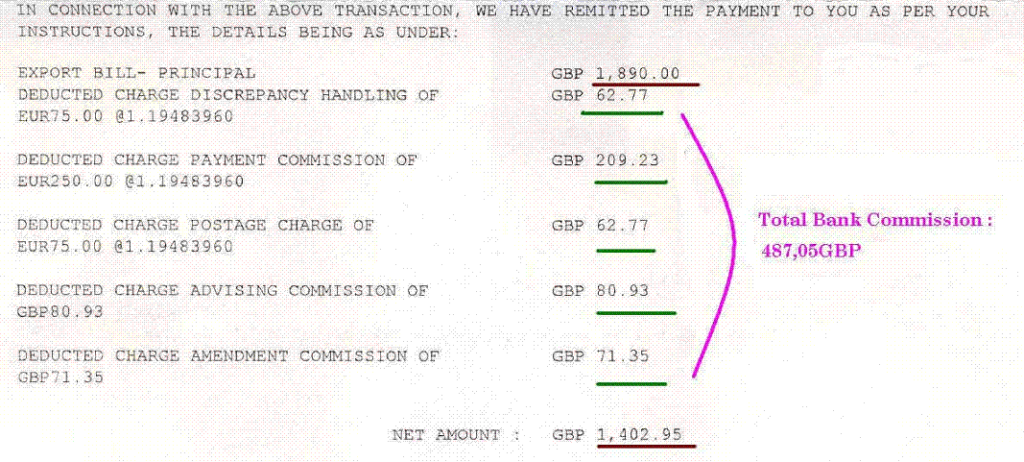Letter of credit is an irrevocable and conditional payment obligation of the issuing bank.
As the letter of credit is irrevocable, its terms and conditions can not be changed without the consent of the beneficiary.
The beneficiary may find some of the terms and conditions of the credit unacceptable. Under such circumstances, the beneficiary has three options,
- leaving the deal by not utilizing the letter of credit
- making shipments with the original letter of credit by taking discrepancy risk
- seeking an amendment by applying to the applicant.
Amendment in a letter of credit, a change in terms and conditions of the letter (e.g., extension of the letter of credit´s validity period, shipment deadline, etc.) usually to meet the needs of the seller. (1)
But what is the effectiveness date of an amendment?
The question comes from Vincent, who is asking a question regarding the effectiveness date of an amendment.
Here is his question as arrived by e-mail.
If the bank issues an amendment directly to the beneficiary decreasing the letter of credit amount without indicating an effective date for the amendment, is the decrease effective the date the amendment is issued or is the decrease effective the date the beneficiary agrees to the amendment.
What is your opinion, with of course no responsibility for providing such an opinion.
Regards
Vincent
Dear Vincent ,
In order to find the right answer to your question we need to look at the related part of the letter of credit rules.
Amendments are explained at article 10 in UCP 600.
UCP 600 states that “a credit can neither be amended nor cancelled without the agreement of the issuing bank, the confirming bank, if any, and the beneficiary.”
UCP 600 article 10 continues to clarify effectiveness date of an amendment for the issuing bank and the confirming bank as follows “an issuing bank is irrevocably bound by an amendment as of the time it issues the amendment.
A confirming bank may extend its confirmation to an amendment and will be irrevocably bound as of the time it advises the amendment.”
On the next couple of phrases explains the position of a beneficiary against amendments.
“The terms and conditions of the original credit (or a credit incorporating previously accepted amendments) will remain in force for the beneficiary until the beneficiary communicates its acceptance of the amendment to the bank that advised such amendment.”
As UCP 600 clearly indicates letter of credit will remain in force as is for the beneficiary until the beneficiary communicates its acceptance of the amendment.
But how beneficiaries can communicate their acceptance to amendments. This would be a good discussion topic for a future page.
Is it allowed partial acceptance of amendments under the letter of credit rules?
References:
- Dictionary of International Trade, Amendment, https://www.globalnegotiator.com/




